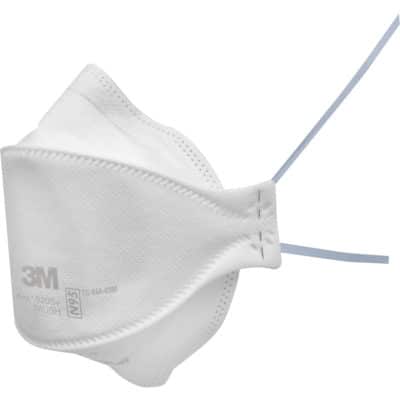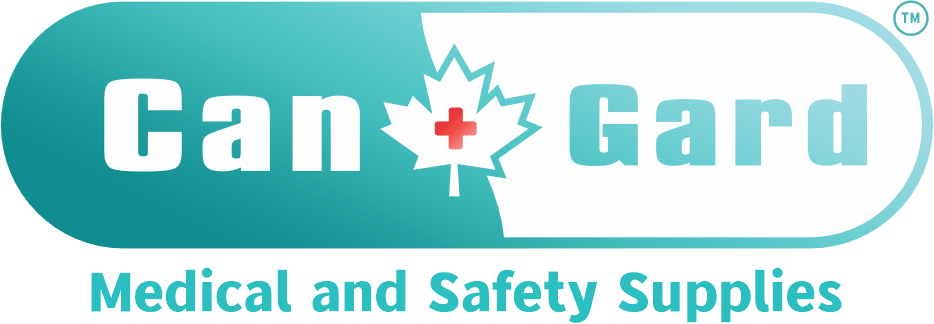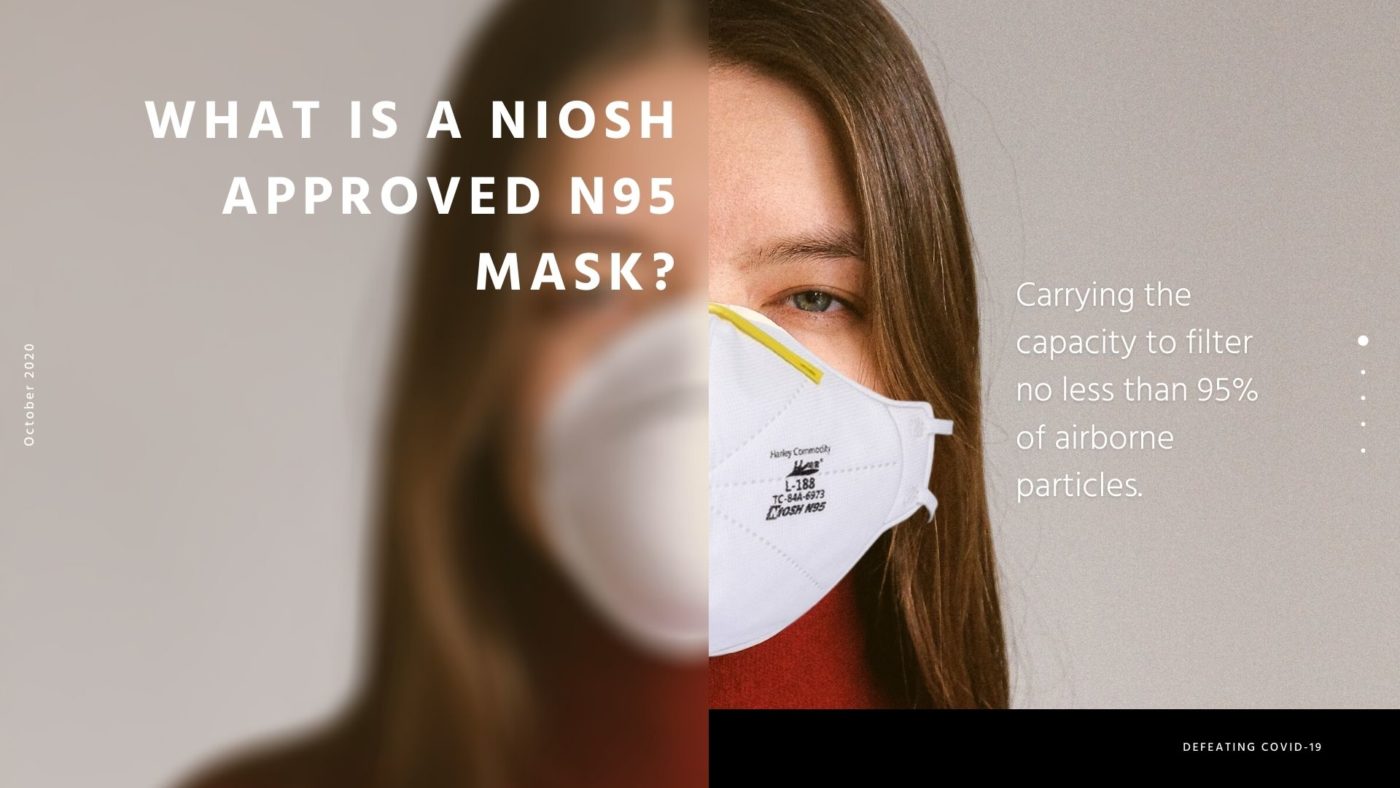Face Masks
What is a NIOSH N95 Mask?
The NIOSH N95 mask is an example of a particulate-filtering facepiece respirator worn by specialized workers in various industrialized workplaces, including mining operations, construction sites, medical facilities, and chemical manufacturing plants. This face mask is not recommended as a substitute for regular surgical masks. Surgical N95 respirators for healthcare use are jointly approved by the U.S. Food and Drugs Administration (FDA) and the National Institute for Occupancy on Safety and Health (NIOSH).
What is a NIOSH N95 Mask?
A NIOSH-approved N95 mask is a disposable filtering facepiece that meets the qualifications of the N95 classification of air filtration, carrying the capacity to filter no less than 95% of airborne particles. This respirator, however, is not designed to resist chemicals and oils, though it is considered an example of a mechanical filter respirator with no ability to resist gases or vapours. Popular manufacturers of NIOSH N95 masks include 3M, Alpha Pro, Honeywell, Kimberly-Clark, and Prestige Ameritech, among others.
Medical Grade
There are some N95 respirators that are cleared by the FDA as surgical masks, referred to as surgical N95 respirators. For your reference, they are indicated with model numbers or product lines in bold characters followed by an “FDA” marking. The value of the exposure reduction amount offered by N95 respirators is entirely different from other face mask variations, including procedure masks and dental masks.
Stopping the Spread
There has been a sizeable interest in the use of surgical N95 respirators and surgical masks as primary infection control measures with the existence of the COVID-19 health crisis today. The N95 respirators are uniquely engineered to deliver greater protection against air contaminants, though they look closely similar to regular surgical masks. The Centers for Disease Control and Prevention (CDC), in cooperation with NIOSH, firmly suggests the use of NIOSH-approved N95 respirators for the protection of medical workers who come in direct contact with COVID-19 patients, whether suspected or confirmed.
NIOSH-certified N95 masks are recommended not to be worn by the general public as their critical supply chain should be reserved for medical first responders and essential health workers in accordance with the CDC guidance. The CDC guidance can be located in Interim Guidance on infection control measures for various respiratory diseases in a healthcare setting.

Early Development
The first respirators were developed in the early 1900s, emphasizing the need to protect children and individuals with respiratory issues against hazardous gases as well as firefighters against carbon monoxide poisoning. Modern respirators, including N95 masks, can now be found in a diverse range of work settings such as hospitals and disaster rescue operations. Casualties and illnesses of medical workers during the recent outbreaks of the COVID-19 pandemic as well as severe acute respiratory syndrome (SARS) in the early 2000s, further strengthened the appeal for the use of surgical N95 respirators for fighting these deadly respiratory diseases.
NIOSH now maintains a list of all approved disposable filtering face masks regardless of type, which is referred to as a Certified Equipment listing. With regard to the aspects of performance, the filtering facepiece respirator must capture the full range of hazardous airborne particles within a wide range of particle sizes (<1 to >100 µm) over a range of consistent airflow (approximately 10 to 100 L/min). There should also be no leakage around the surface boundaries and your face while in active use. Regardless though, the primary goal of N95 respirators is to prevent the escape of aerosols and the transmission of airborne particles into your body.
Defining the Filter Material
In most respirators, the filters are often constructed with flat, non-woven mats of fibrous materials. Important material specifications, including porosity, filter thickness, and fibre diameter, will tell you how effective a filter can collect tiny particles in the air. There are three collection mechanisms present in all types of filters, namely inertial impaction, interception, and diffusion. The first two mechanisms are responsible for collecting larger particles, while distribution is solely responsible for collecting the smaller ones.
How are Respirator Filters Tested?
Respirator filters are required to comply with stringent certification tests (42 CFR Part 84) mandated by NIOSH; a standard testing method used to challenge various performance parameters such as:
- Sodium chloride content
- Minimum airflow rate
- Charge-neutralized aerosol content
- Aerosol loading (to test workplace exposure)
- Relative humidity (for ease of breathing and comfortability)
- Breathing resistance to airflow
Filter diameters, filter thicknesses, and porosity used in all NIOSH-certified N95 respirators are designed to achieve high levels of collection efficiency to ensure safety for the wearer. It is important to remember that the overall performance of any filtering facepiece respirator depends on good filter capacity and fitting comfort. That’s because a facepiece that fits well in the face but possesses poor filtration capability will not be able to provide sufficient protection from dangerous airborne particles. Choosing the right NIOSH N95 mask should be based on the level of particle exposure present in your workplace setting.
Find the NIOSH N95 Mask You Need at CanGard Today
Shop our selection of medical-grade face coverings and buy NIOSH N95 masks in bulk.
Article Updated 2023-04-18

